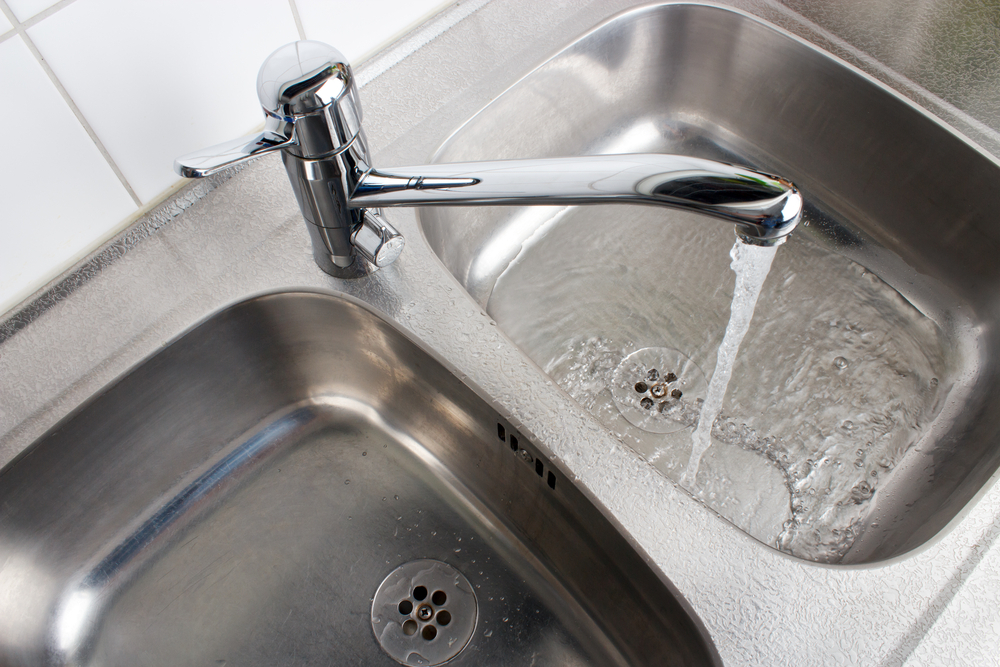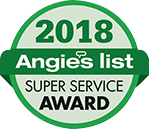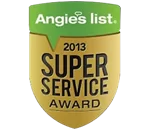Drain clogs are a common and often inconvenient issue in households, leading to slow drainage, foul odors, and potential water damage. Many of us often ask, “Why does my drain keep clogging?” Fortunately, with a proactive approach, you can prevent drain clogs and keep your plumbing system running smoothly.
If you’ve been wondering how to keep drains from clogging, continue reading for practical tips for preventing drain clogs in both the bathroom and kitchen, helping you maintain a free-flowing and efficient plumbing system.
Bathroom Drain Clog Prevention
1. Use a Hair Catcher:
Hair is one of the primary culprits for bathroom clogged drains. To prevent hair from going down the drain, use a hair catcher or strainer in the shower and bathtub. Clean it regularly to ensure optimal effectiveness.
2. Dispose of Items Properly:
Avoid flushing items down the toilet that can contribute to clogs, such as cotton swabs, dental floss, and feminine hygiene products. Use a waste bin for disposing of these items to prevent blockages in the toilet drain.
3. Regularly Clean Drains:
Implement a routine of cleaning your bathroom drains to remove any accumulated soap scum, toothpaste, and debris. Pouring boiling water down the drain can help dissolve soap and grease, preventing them from solidifying in the pipes.
4. Be Mindful of Grease and Soap:
Limit the amount of grease and soap that goes down the bathroom sink drain. Over time, these substances can solidify and create a drainage block that leads to pipe clogging. Consider using a strainer or drain cover to catch soap residue and minimize its entry into the drain.
5. Flush with Hot Water:
Regularly flush bathroom drains with hot water. This helps melt away any accumulated grease, soap, and other substances that may be clinging to the pipes. For an added boost, mix in a cup of baking soda before pouring the hot water.
Kitchen Drain Clog Prevention
1. Dispose of Cooking Grease Properly:
One of the leading causes of kitchen drain clogs is the improper disposal of cooking grease. Avoid pouring grease down the sink as it can solidify and create stubborn clogs. Instead, let the grease cool and dispose of it in the trash.
2. Use a Mesh Strainer:
Place a mesh strainer or basket in your kitchen sink drain to catch food particles, debris, and other solids. Empty the strainer regularly to prevent buildup that could lead to clogs.
3. Run Cold Water While Using the Garbage Disposal:
When using the garbage disposal, run cold water simultaneously. Cold water helps solidify fats and oils, making it easier for the disposal to break them down. Avoid putting fibrous or starchy foods down the disposal, as these can contribute to clogs.
4. Clean the Garbage Disposal:
Regularly clean and deodorize your garbage disposal by grinding ice cubes and citrus peels. This helps dislodge debris and eliminates odors. Follow up with a rinse of cold water to flush out the loosened particles.
5. Mind What Goes Down the Drain:
Be mindful of what you put down the kitchen sink. Avoid washing large quantities of food scraps and coffee grounds down the drain, as these can accumulate and lead to clogs.
General Drain Clog Prevention Tips
1. Regularly Use Enzyme Cleaners:
Enzyme-based drain cleaners can be used periodically to break down organic matter in the drains. These cleaners are eco-friendly and help prevent the buildup of grease, soap, and other substances.
2. Install Drain Screens:
Install drain screens or stoppers in all sinks and tubs to catch debris before it enters the drain. Regularly clean and empty these screens to maintain their effectiveness.
3. Educate Household Members:
Ensure everyone in your household is aware of proper drain usage and what should and shouldn’t go down the drains. Educating family members can prevent unintentional actions that contribute to clogs.
4. Perform Routine Plumbing Maintenance:
Schedule routine plumbing maintenance, including professional drain cleaning, to keep your pipes in optimal condition. Professional plumbers can identify and address potential issues before they escalate.
5. Address Slow Drains Promptly:
If you notice a slow drain, address it promptly. Ignoring slow drainage can lead to a complete blockage over time. Use a plunger or a drain snake to clear minor clogs, and seek professional help for persistent or severe issues.
Contact Our Expert Plumbers If Your Drain Is Clogged
Preventing drain clogs in your home requires a proactive approach and consistent maintenance. Now that you know how to keep drains unclogged, you can minimize the risk of clogs, maintain efficient drainage, and extend the lifespan of your plumbing system. Whether in the bathroom or kitchen, adopting these practices will contribute to a clog-free and well-functioning home plumbing system.
When in doubt or facing persistent issues with drain clogs, consult with a professional plumber at FORD’S to receive expert guidance and solutions. Call us today at (310) 815-1515.



















